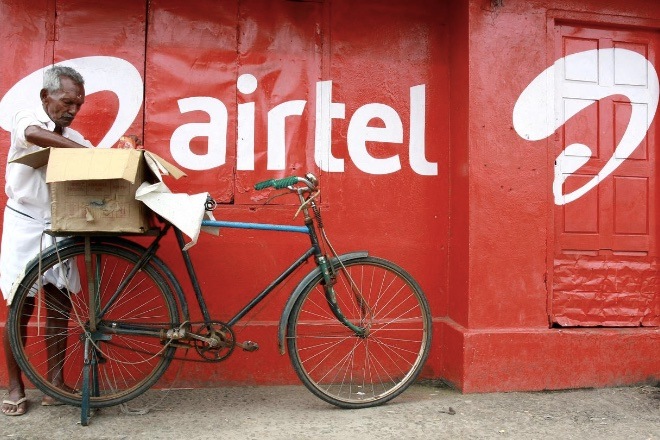Sunil Mittal’s Bharti Airtel may be set to raise its tariffs by 5-10% in coming months in a bid to improve profit margins, a report said. The company is also looking to increase its Average Revenue Per User (ARPU) with the introduction of a minimum recharge plan priced at Rs 35, the Fitch Rating report said. “We forecast Bharti’s Indian ARPU to rise by 5%-10% in FY20 as the incumbents focus on boosting profitability with the introduction of a minimum recharge plan of Rs 35 per month,” said the report, adding that the company’s blended average tariff is also expected to rise during the financial year 2020. Financial Express Online has sent queries to the telecom operator for further comments.
While Airtel’s move will help with ARPU, it will also result in EBITDA growth of the telecom company. The company’s telecom services are used by about 10-15 crore rural subscribers, who do not pay at par with the industry average tariff. Also, India’s revenue generation via telecom services remains one of the lowest, globally. This has put enormous pressure on the telecom industry as at Rs 122 per month, the ARPU is not at the sustainable level for the industry. According to the report, Indian consumers are capable of shelling out more for mobile services and the same is evident by the monthly data consumption rate per user.
Bharti Airtel is also staring at another major financial crunch as it, along with Vodafone-Idea, may have to pay Rs 92,000 crore in outstanding license fees, if it loses the ongoing case in the Supreme Court. The apex court is soon going to deliver the verdict on a case which pertains to the definition of AGR (Adjusted Gross revenue). The case has been going on since 2006.
Meanwhile, Bharti Airtel is not the only telecom firm that is looking for better profits. According to the same report, Mukesh Ambani’s Reliance Jio is also looking at tariff hikes in order to reap the profits of large investment that the company has done in infrastructure.
India has been witnessing a revolution in data consumption per month catalysed by low data rates post Reliance Jio brought a disruption in the Indian telecom industry. Also, the same is also pushed by the penetration of affordable smartphones in Indian households. Even if the telecom companies choose to increase tariffs, the data demand is not likely to go down, according to the report.

